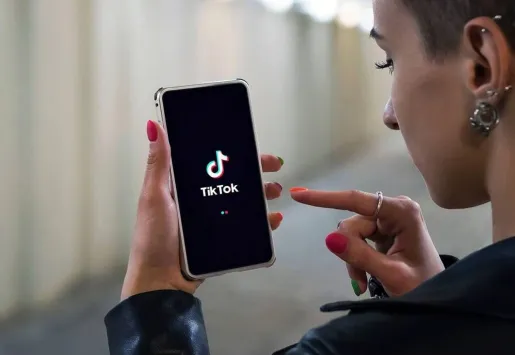
Modern tourists are unsatisfied with stock images of idyllic destinations in fancy brochures. Instead, they now seek genuine experiences and increasingly rely on social media to find them.
Most travelers (52%) turn to their loved ones for reassurance about their travel plans. In addition, friends and family often share captivating photos and stories of their adventures, inspiring others to explore new destinations. As a result, many people share their travel photos on social media, with 35% of individuals looking to online platforms for trip ideas. This percentage surpasses the number of individuals who consult travel agents (29%), read travel magazines (26%), or watch travel-related movies (25%) for inspiration. Interestingly, Generation Z is the biggest social media user, with more than half spending over three hours a day browsing online. As the average age of consumers drops, travel marketers will need to adapt to reach these new generations of tourists in their natural online habitat.
Appreciated content
Regarding travel, advice from a friend or influencer carries more weight than a brochure or billboard. User-generated content (UGC), such as social media posts, photos, and videos, can provide genuine and trustworthy experiences that appeal to potential visitors.
Recent research shows that browsing UGC related to a destination can greatly influence interest in visiting. This is particularly true for younger travelers, with 84% of Generation Z vacationers considering other people's vacation pictures and videos to be influential. UGC can transcend traditional marketing efforts by showcasing a destination's hidden gems from a perspective that resonates with the target audience.
Travel brands should prioritize distributing authentic UGC to attract younger audiences and can do so by encouraging content creation on social media platforms like Facebook, Instagram, and TikTok. Collaborating with influencers can also add value for companies by having them act as brand ambassadors.
Balancing customers' values
To create a more personalized and relatable depiction of travel, it is valuable to use organic user-generated content (UGC) that showcases lesser-known regions and humanizes cultural experiences. For example, supporting sustainable brands through value-driven influencers can also be beneficial, as the sustainable tourism market is expected to grow by $335 billion in the next four years. This is because millennials support ethical and sustainable businesses that promote equality, diversity, and climate-friendly causes.
Marketers who leverage popular social media platforms can tell these compelling stories and attract visitors. While it may not be the conventional approach to travel planning, choosing unconventional options such as a chicken bus or a treehouse can make for an even more exciting travel experience.













